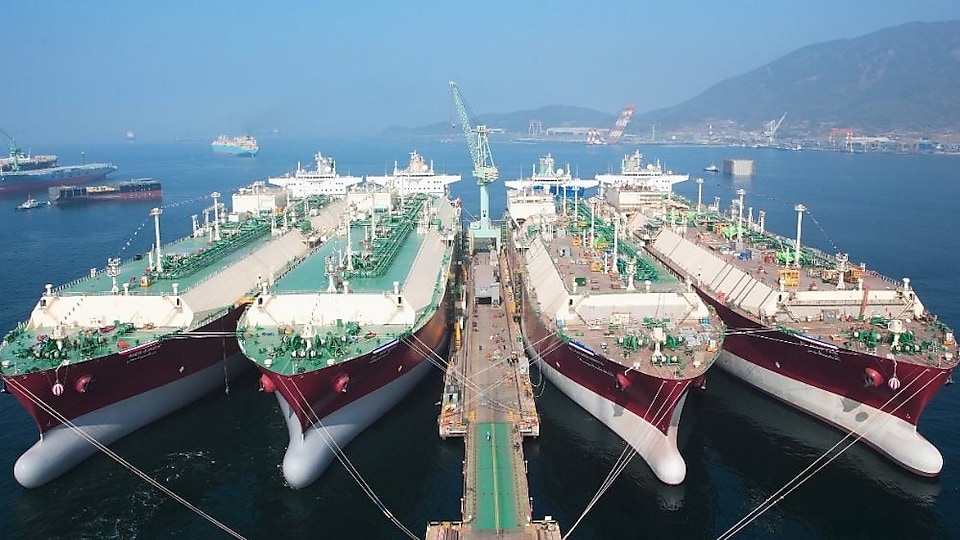RIO DE JANEIRO, BRAZIL – Chinese companies are now failing to comply with purchase contracts as a result of the spread of the coronavirus, thus exacerbating the chaos in global commodity trading.
A Chinese liquefied natural gas (LNG) customer and a copper importer have invoked force majeure clauses to justify their suspending deals, claiming the virus restricts their ability to receive deliveries.

The cancellations are among the first known cases of the clause (which identifies natural disasters or other unavoidable catastrophes as cause for not fulfilling a contract) having been used in commodities contracts due to an epidemic.
“Everything we were afraid of, like trade wars or global growth, is unmatched,” said Jan Stuart, global energy economist at Cornerstone Macro. “This virus is an entirely different risk, particularly in commodities, where China’s role is dominant.”
China is the world’s largest consumer of most raw materials, such as energy products and industrial metals, and cancellation of purchases impacts global supply chains. As global markets recover from initial concerns over the impact of the virus, the consequences on commodity trade only worsen as Beijing maintains areas in the country blocked and restricts travel.
In an unprecedented move, China National Offshore Oil, the country’s largest LNG importer, declared force majeure and told some suppliers it would not accept cargo deliveries because of restrictions caused by the coronavirus. French oil and gas giant Total rejected the statement.
Hours later, Chinese copper processor Guangxi Nanguo had also invoked the same clause, refusing to accept deliveries of shipments.
Meanwhile, copper customers have been asking Chilean mining companies to defer shipments due to port shutdowns, while China’s largest oil refinery, Sinopec, plans to request a reduction in oil supplies from Saudi Arabia next month. Shipments of soybeans from Brazil and the US are being held up in eastern China, while shipments of palm oil from Indonesia are also being delayed.
“We’re genuinely concerned about the loss of purchasing power that has spread to all commodities,” said Pete Thomas, senior vice president of Chicago-based Zaner brokerage. “The impact was far greater than anyone imagined.”
In the case of LNG, CNOOC’s force majeure affects a market already saturated by increased US supply and poor demand after a mild winter in Europe and Asia. Even before Chinese customers had suspended supply contracts, spot prices had dropped to an all-time low, reducing the profitability of energy giants like Royal Dutch Shell and Exxon Mobil.
The CNOOC sent a force majeure notice to suppliers, including Shell and Total, according to anonymous sources. Shell did not wish to comment.
Total confirmed it received a force majeure notice, which was rejected after consideration of its legal terms, said Philippe Sauquet, the group’s chairman for gas, renewable sources and energy, during the company’s briefing.
“Of course we have to be careful, if there is a real quarantine in all ports of discharge in China we will have a genuine case of force majeure,” he said. “But for now, that is not the case. In my opinion, it’s an ordinary negotiation tactic.”

